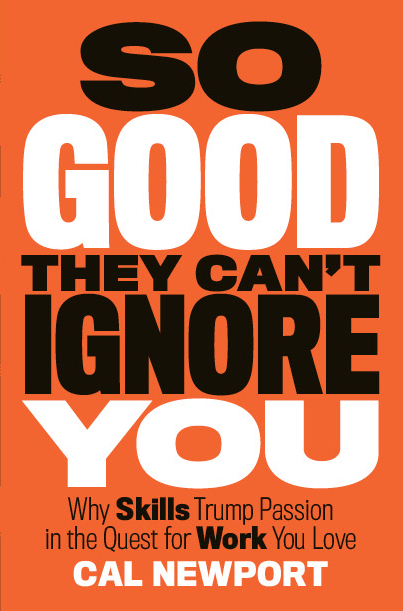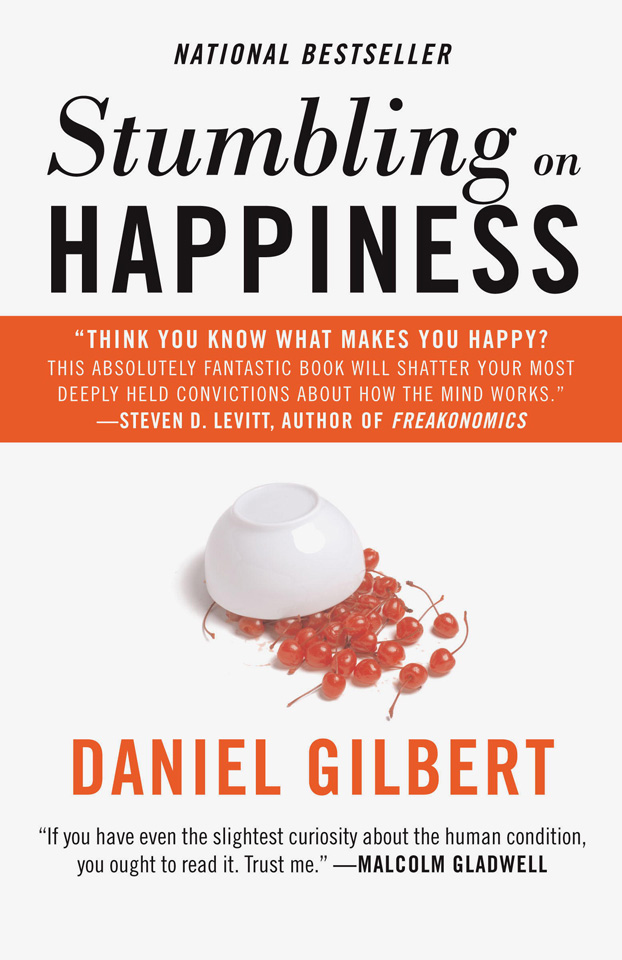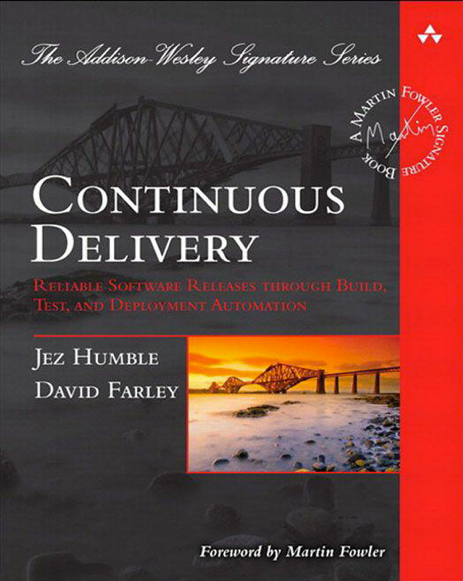 So Good They Can't Ignore You: Why Skills Trump Passion in the Quest for Work You Love. Cal Newport
So Good They Can't Ignore You: Why Skills Trump Passion in the Quest for Work You Love. Cal NewportWhen it comes to creating work you love, following your passion is not particularly useful advice.
 So Good They Can't Ignore You: Why Skills Trump Passion in the Quest for Work You Love. Cal Newport
So Good They Can't Ignore You: Why Skills Trump Passion in the Quest for Work You Love. Cal NewportWhen it comes to creating work you love, following your passion is not particularly useful advice.
 Stumbling on Happiness. Daniel Gilbert
Stumbling on Happiness. Daniel GilbertDespite the third word of the title, this is not an instruction manual that will tell you anything useful about how to be happy. Those books are located in the self-help section two aisles over, and once you’ve bought one, done everything it says to do, and found yourself miserable anyway, you can always come back here to understand why. Instead, this is a book that describes what science has to tell us about how and how well the human brain can imagine its own future, and about how and how well it can predict which of those futures it will most enjoy.
This book is about a puzzle that many thinkers have pondered over the last two millennia, and it uses their ideas (and a few of my own) to explain why we seem to know so little about the hearts and minds of the people we are about to become. The story is a bit like a river that crosses borders without benefit of passport because no single science has ever produced a compelling solution to the puzzle. Weaving together facts and theories from psychology, cognitive neuroscience, philosophy, and behavioral economics, this book allows an account to emerge that I personally find convincing but whose merits you will have to judge for yourself.
 Continuous Delivery. David Farley and Jez Humble
Continuous Delivery. David Farley and Jez HumbleYesterday your boss asked you to demonstrate the great new features of your system to a customer, but you can’t show them anything. All your developers are halfway through developing new features and none of them can run the application right now. You have code, it compiles, and all the unit tests pass on your continuous integration server, but it takes a couple of days to release the new version into the publicly accessible UAT environment. Isn’t it unreasonable to expect the demo at such short notice?
 Власть и влияние. Джеффри Пфеффер.
Власть и влияние. Джеффри Пфеффер.Учебник по обретению власти и влияния в организациях. Ниже идет мой мини-конспект по самым важным идеям.
 Как читать книги. Сергей Поварнин
Как читать книги. Сергей ПоварнинНебольшой мануал о том как правильно читать книги — в целом, кроме общих рекомендаций типа "читайте внимательно" автор не дает какой-то методики или практического свода правил которые можно было бы применить в реальной жизни, и это особенно с учетом того что поток информации со времен написания ...